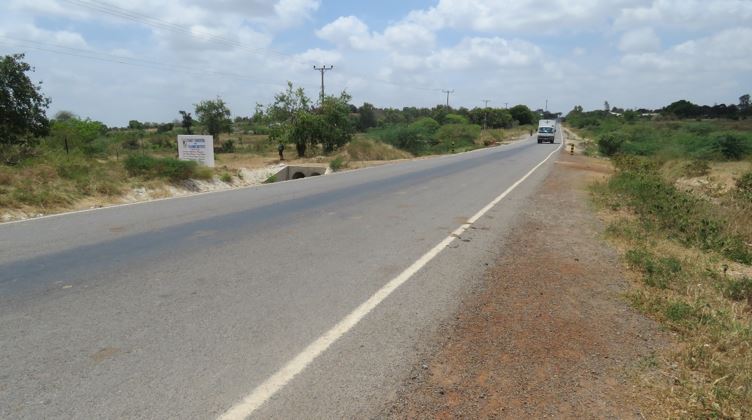×
The Standard e-Paper
Home To Bold Columnists

When you hear of the name ‘Bamba’ what comes into your mind? For most born 1950’s, it must be the famous Giriama Folk song, ‘Safari ya Bamba ni Machero’ (The journey to Bamba is tomorrow) written and composed by the late Stephen Bumbao, a music teacher in 1959.
The song immortalises Bamba as a faraway town whereby if you want to travel, you must begin your journey at dawn psyching yourself up for the usual choking dust storms and scorching sun.